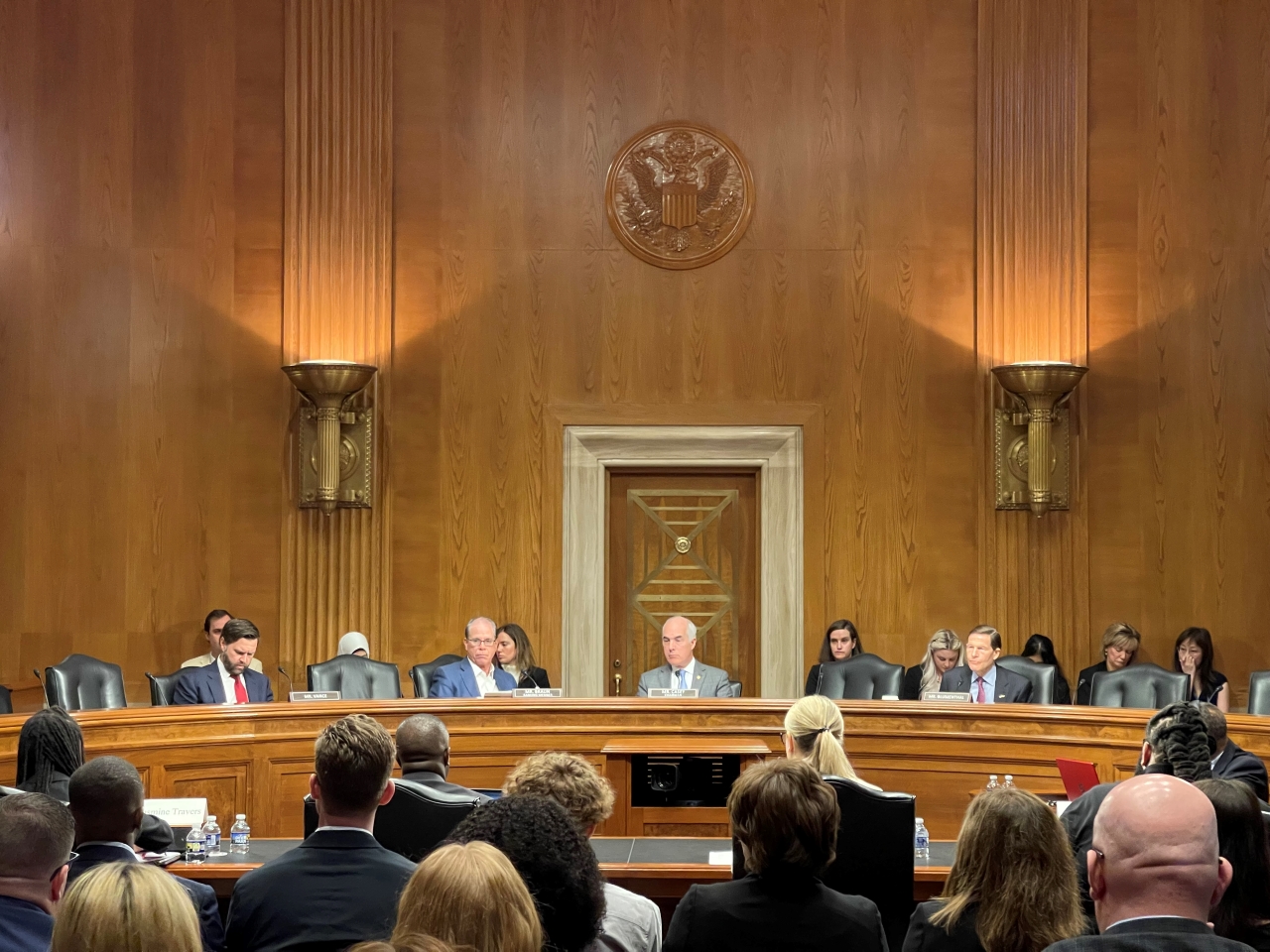Capitol Correspondence - 06.22.21
Big Picture: Potential for Federal Government Shutdown Looming in the Distant Future
Share this page
Stay Informed on the Latest Research & Analysis from ANCOR
More News
Capitol Correspondence - 04.23.24
Senate Aging Committee Explores Long-Term Care Workforce Challenges

Capitol Correspondence - 04.23.24
White House Marks Anniversary of Executive Order on Care with Focus on Workforce Support
Capitol Correspondence - 04.23.24
